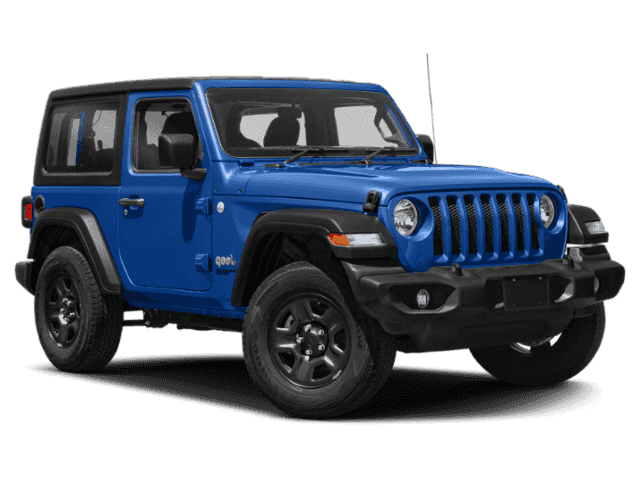Barrett Hill Insurance is dedicated to providing customized packages of Auto Insurance, Homeowners, Umbrella, and Life Insurance to meet your family’s needs. Our professional agents are here to guide you every step of the way, so don’t hesitate to call us today and speak with one of our experts.
Collision and Comprehensive Coverage
Collision and comprehensive (other than collision) coverage protect your car from damage. You can opt for one or both of these coverage options for each vehicle you own. If you have a car loan, you may be required to have both.
These coverage options come with a deductible, which can range from $100 to $1,000. If your car is damaged, the auto insurance company covers the expenses exceeding your deductible. Choosing a higher deductible can lower your premium.
Liability Coverage
Liability coverage compensates for injuries or damages you cause to other people or their property in a car accident where you’re at fault.
Medical Payments Coverage
Medical payments coverage pays for medical expenses (up to a specified limit) for you and passengers in your car who are injured in a car accident, regardless of who is at fault. If you and your passengers have health insurance, you may not need this coverage.
Uninsured/Underinsured Motorist Coverage
This coverage provides compensation if you’re injured by a person who doesn’t have insurance or has insufficient insurance to cover your injuries. It also covers you in the case of a hit-and-run accident.
Optional Coverage
Optional or special coverage includes extras such as towing, rental reimbursement, and roadside assistance. These coverage options are not required.

We highly recommend choosing higher deductibles on your physical damage coverage to reduce your premium. Additionally, we suggest considering an umbrella policy for extra liability coverage beyond your auto policy. This policy can also extend coverage to your home, rental homes, boat, etc. When opting for umbrella insurance, it’s crucial to have the required amount of liability insurance, usually 250/500/100 or higher, to avoid gaps in coverage in case of a serious accident.
Start your free quote now!
